Imagine having a safe space where you can pour out your thoughts without judgment, track your dreams, and untangle the chaos of your mind. That’s exactly what journaling offers. It’s more than just scribbling words on a page—it’s a practice that fosters clarity, emotional resilience, and self-awareness. Whether you're new to journaling or have struggled to make it a habit, this guide will help you start with confidence and discover how journaling can transform your life, one page at a time.
The Life-Changing Power of Journaling
Journaling isn’t just for writers or deep thinkers. It’s a tool that anyone can use to improve mental well-being and cultivate mindfulness. When you write things down, you give your thoughts structure, making it easier to process emotions and make informed decisions.
Many people believe that journaling requires eloquent prose or profound insights, but that’s far from the truth. Your journal is a personal space—spelling and grammar don’t matter. What matters is showing up and letting your words flow freely. Whether you’re venting frustrations, listing goals, or documenting daily experiences, the act of writing helps bring clarity to your thoughts and emotions.
Finding Your Journaling Style
There’s no one-size-fits-all approach to journaling. The best method is the one that feels right for you. Here are some popular styles to explore:
Daily Reflections: Writing about your day can help you process emotions and track progress.
Gratitude Journaling: Listing things you’re grateful for shifts your focus toward positivity.

Creative Free Writing: Letting your thoughts spill onto the page without a structure can be incredibly freeing.
Bullet Journaling: A structured, minimalist way to track goals, habits, and daily tasks.
You can also choose between digital and paper journaling. A physical notebook creates a deeper connection with your words, while digital platforms offer convenience and organization. Experiment and see what feels most natural.
Overcoming the Fear of the Blank Page
Many people hesitate to start journaling because they don’t know what to write. The key is to remove expectations. Your journal doesn’t have to be perfect—it just has to be real. Here are a few ways to overcome writer’s block:
Use prompts: Questions like What inspired me today? or What’s one thing I learned this week? can spark ideas.
Write lists: Jot down your goals, dreams, or favorite moments from the day.
Start with one sentence: Even a simple Today was a good day because... can get the momentum going.
The more you write, the easier it becomes. Over time, your journal will feel like a natural extension of your mind.
Making Journaling a Daily Ritual
Consistency is key to reaping the full benefits of journaling. The good news? You don’t need to write pages upon pages every day. Even a few lines can make a difference.
To build a journaling habit:
Choose a set time: Morning journaling can set a positive tone for the day, while evening journaling helps with reflection.
Create a cozy space: A comfortable writing spot with soft lighting and a warm drink can make the experience more enjoyable.
Keep your journal accessible: If it’s within reach, you’re more likely to use it.
Like any habit, journaling becomes easier with repetition. The more you integrate it into your daily routine, the more natural it will feel.

Journaling for Self-Discovery and Personal Growth
Journaling is more than just an outlet for emotions—it’s a mirror that reflects your inner world. When you regularly put your thoughts on paper, you begin to notice patterns, triggers, and opportunities for growth.
Try using your journal to:
Process emotions: Writing about your feelings helps you understand and navigate them better.
Set goals: Define your aspirations and track your progress.
Enhance mindfulness: Writing about the present moment fosters self-awareness.
As you review past entries, you may find that challenges you once struggled with now seem trivial. Your journal becomes a roadmap of your evolution.
The Science Behind Journaling and Mental Well-Being
Research shows that journaling has profound psychological benefits. It’s been linked to reduced stress, improved mood, and increased cognitive function. When you externalize your thoughts, your brain can process them more efficiently, freeing up mental space for creativity and problem-solving.
Therapists often recommend journaling as a therapeutic tool because it helps individuals regulate emotions and develop healthier coping mechanisms. Writing about traumatic experiences has even been shown to boost immune function and lower anxiety levels.
Reflecting on Your Entries for Deeper Insights
Journaling isn’t just about writing—it’s also about reflecting. Revisiting old entries allows you to see how far you’ve come, recognize recurring themes, and gain wisdom from past experiences.
Ways to make the most of past journal entries:
Look for patterns: Are there certain thoughts or habits that keep appearing?
Turn struggles into lessons: What have difficult times taught you?
Practice gratitude: Seeing how much you’ve grown fosters appreciation.
Your journal is a personal archive of your journey—a tangible reminder of your resilience and progress.

Conclusion
Journaling isn’t just an activity; it’s a gateway to self-discovery, emotional healing, and personal growth. With every page you fill, you gain clarity, deepen self-awareness, and shape your future. Whether you write for five minutes or an hour, the simple act of putting pen to paper has the power to transform your mindset and enhance your well-being.
Your story is worth telling, even if it’s just for you. So grab a notebook, start writing, and watch as journaling changes your life—one page at a time.
Frequently Asked Questions
1. How do I start journaling if I don't know what to write?
Starting a journal can feel intimidating, but the key is to remove pressure and just begin. Use simple prompts like “What made me smile today?” or “What’s on my mind right now?” to get started. Lists, bullet points, or even a single sentence can help break the ice. Over time, writing will feel more natural, and you’ll develop your own journaling style.
2. What type of journaling is best for self-improvement?
Different journaling methods serve different purposes. If you want to boost self-awareness, reflective journaling helps analyze thoughts and emotions. If your goal is productivity, bullet journaling organizes tasks and goals efficiently. Gratitude journaling fosters a positive mindset, while freewriting allows for creative expression. The best type of journaling is the one that fits your lifestyle and personal goals.
3. How often should I journal for the best results?
Journaling works best when it’s consistent, but there’s no strict rule. Many people journal daily to build self-awareness and mindfulness, while others prefer a few times a week. Even writing a few sentences regularly can have a positive impact. The key is to create a habit that feels sustainable and enjoyable for you.
4. Can journaling help with stress and anxiety?
Yes, journaling is an effective tool for managing stress and anxiety. Writing about emotions helps release tension, organize thoughts, and gain perspective on problems. Studies show that expressive writing can reduce anxiety and improve emotional resilience. If you’re feeling overwhelmed, try writing about your worries, followed by things you’re grateful for—it helps shift focus from stress to positivity.
5. Is it better to journal on paper or digitally?
Both methods have benefits, so it depends on personal preference. Paper journaling enhances focus, reduces screen time, and creates a deeper connection with your thoughts. Digital journaling offers convenience, organization, and searchability. Some people use a combination—handwriting for deeper reflections and digital tools for quick notes. Experiment to see what works best for you!


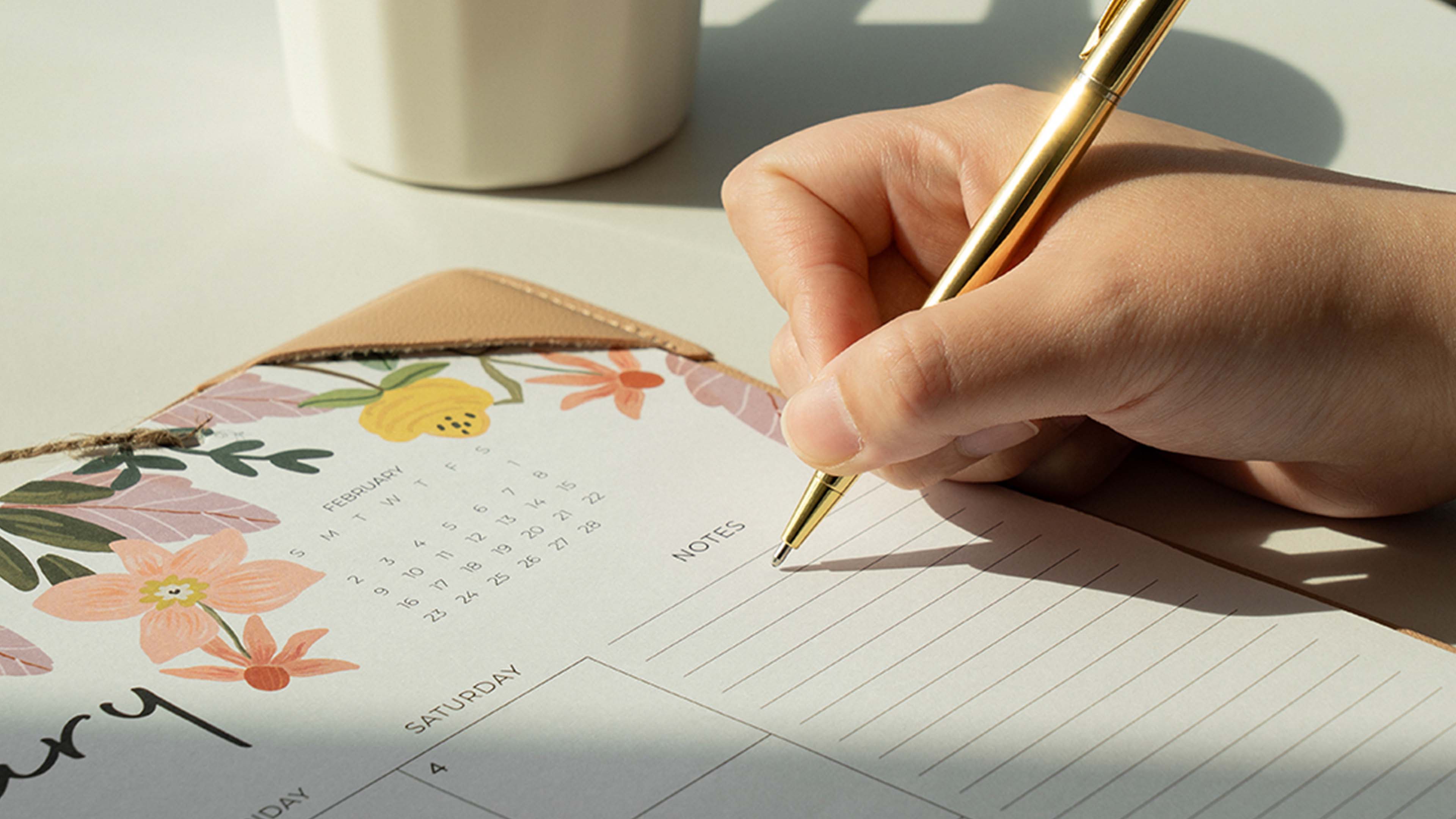
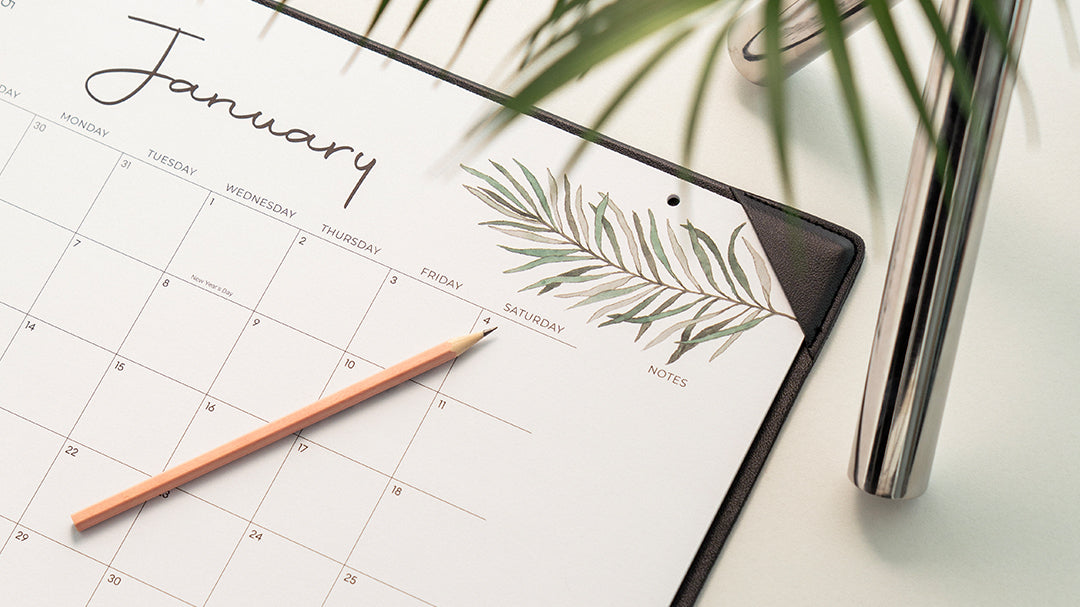
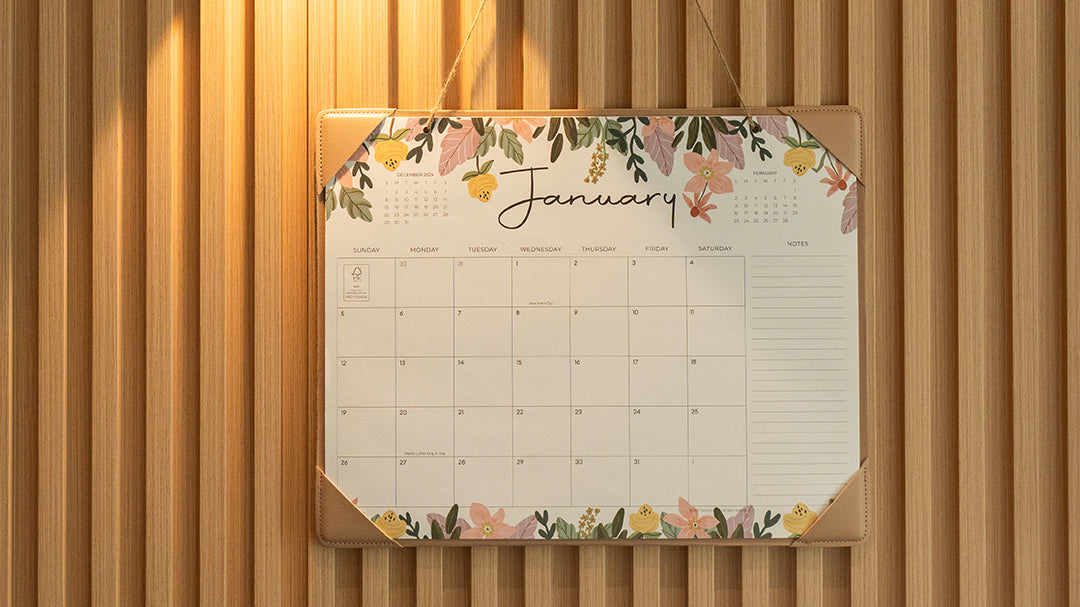
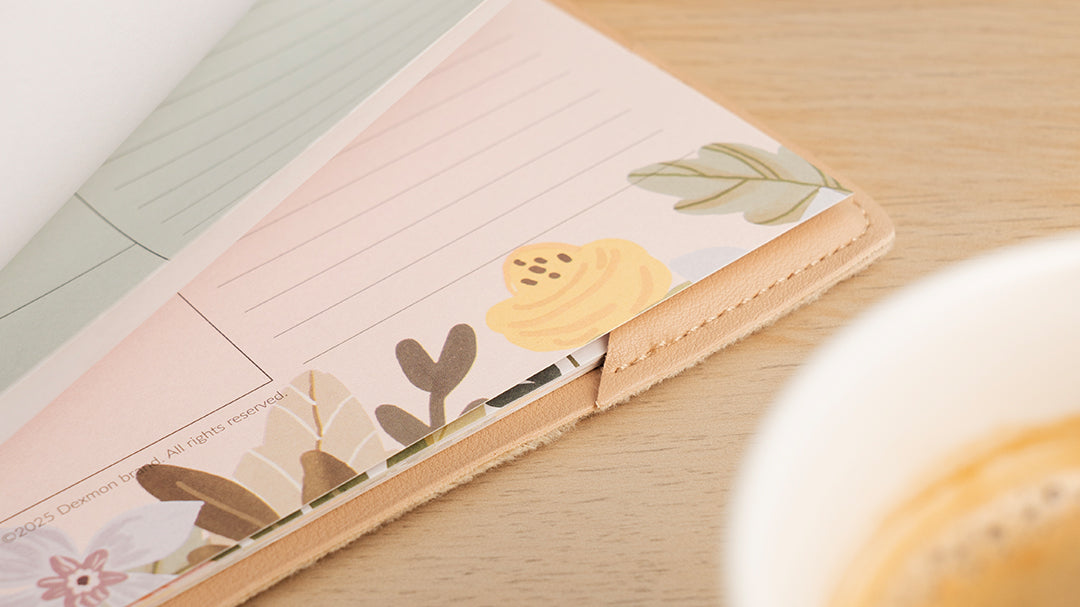
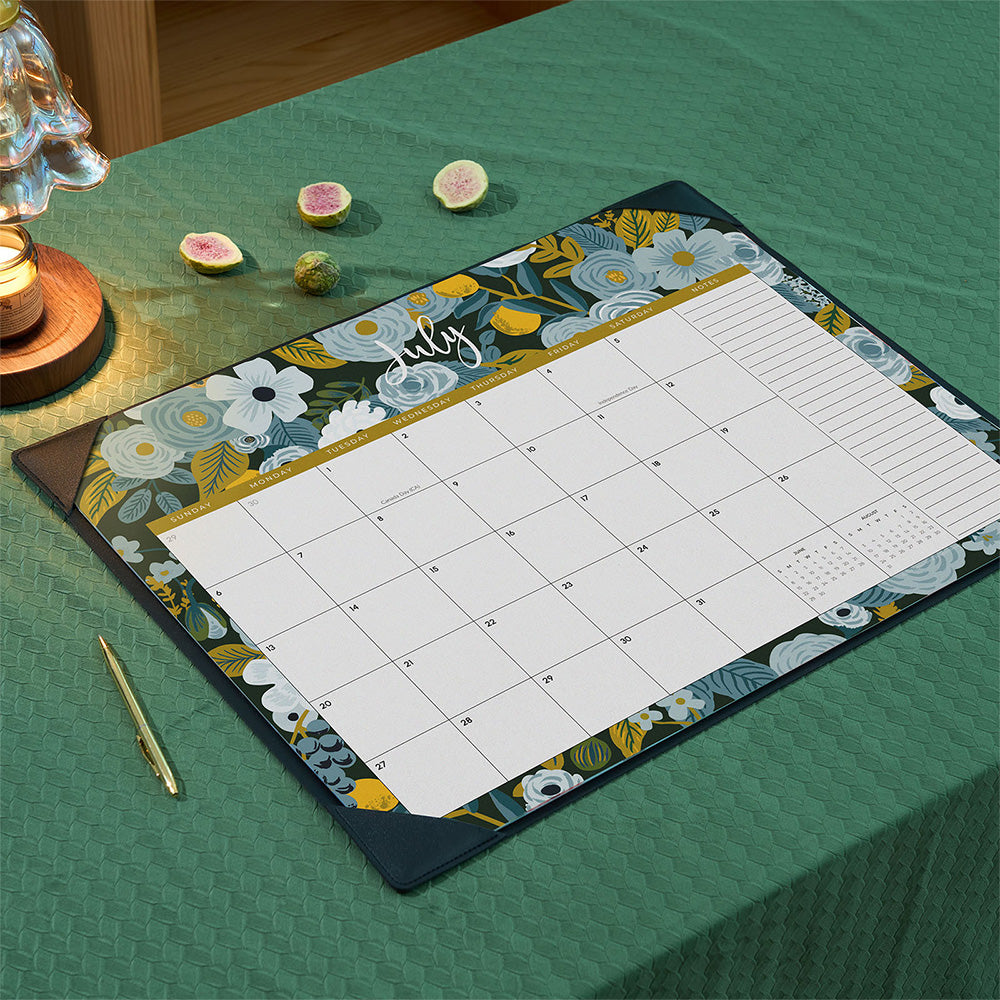
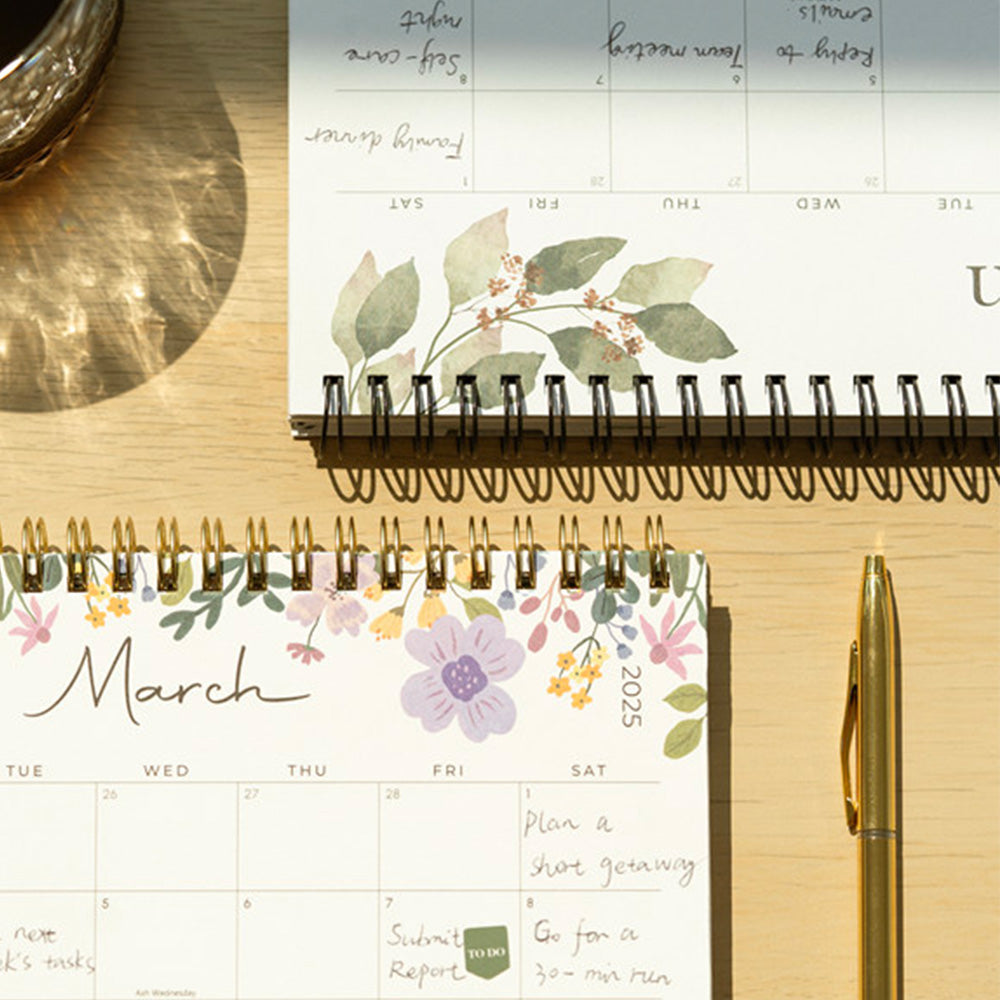
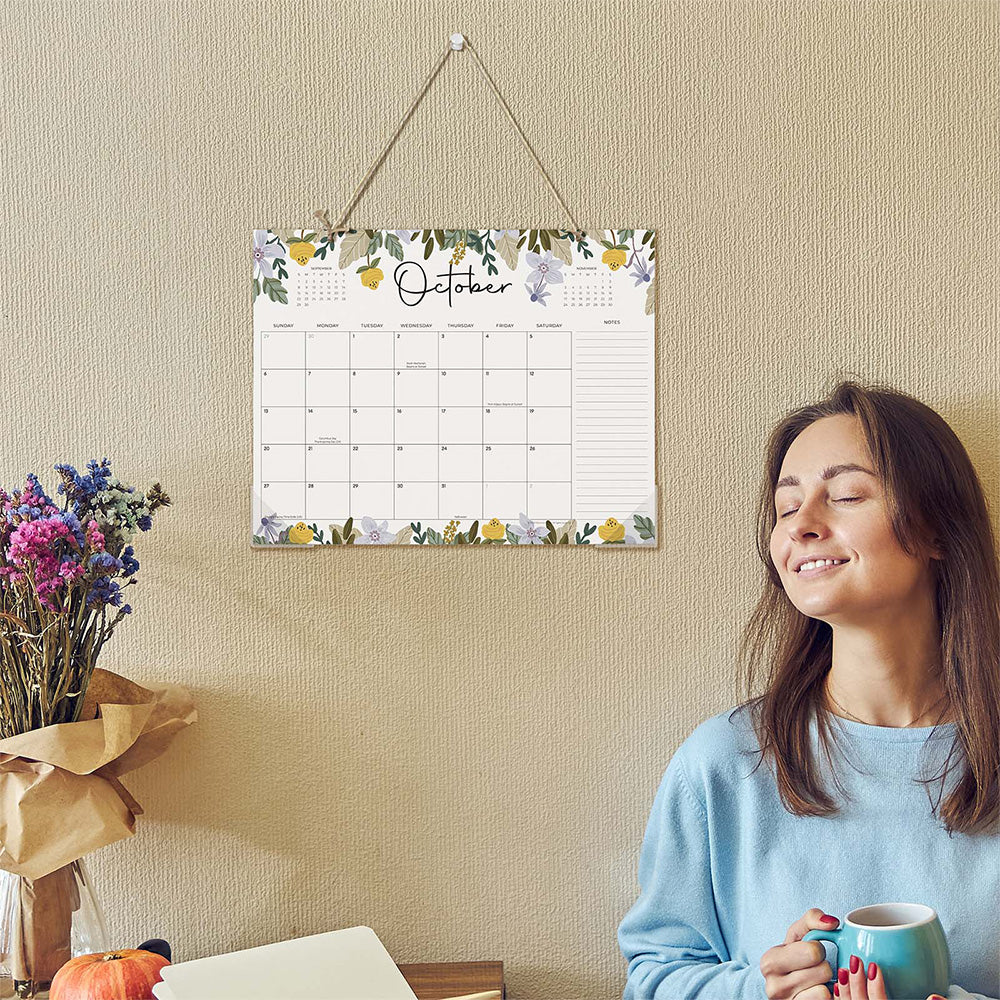
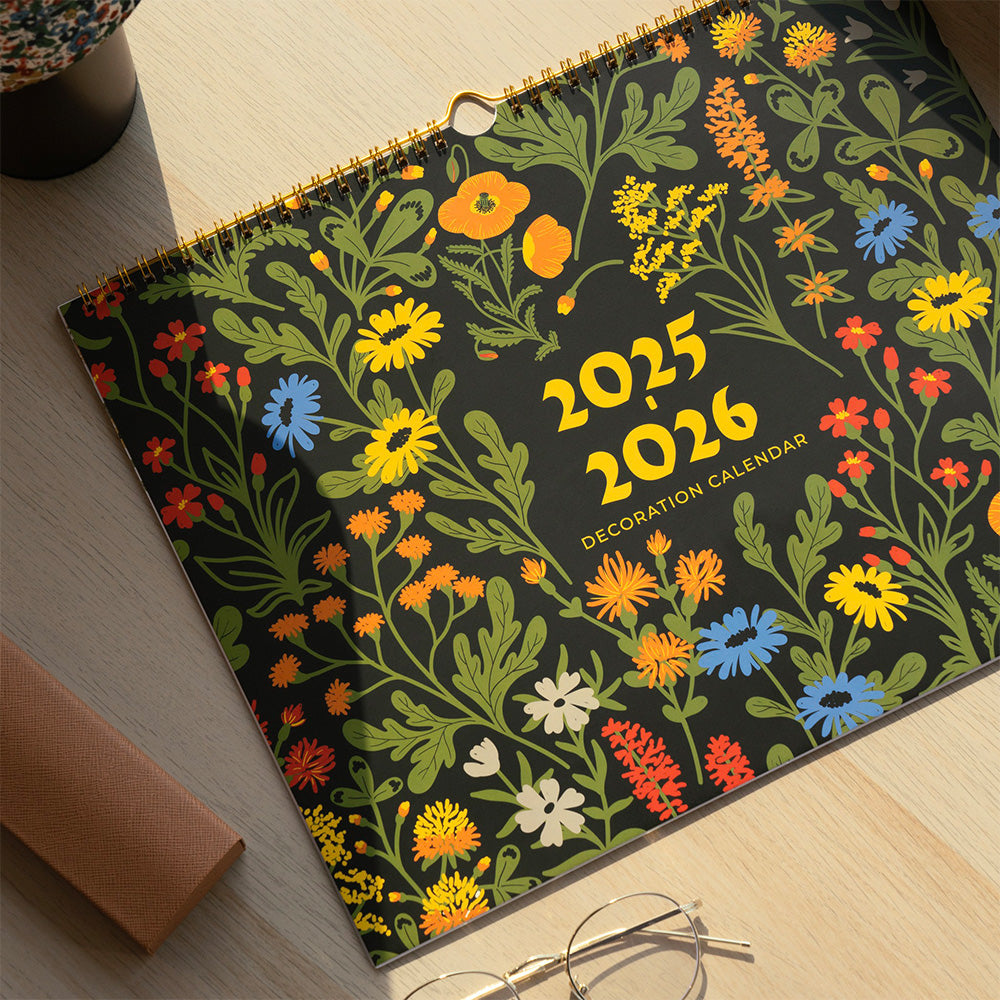
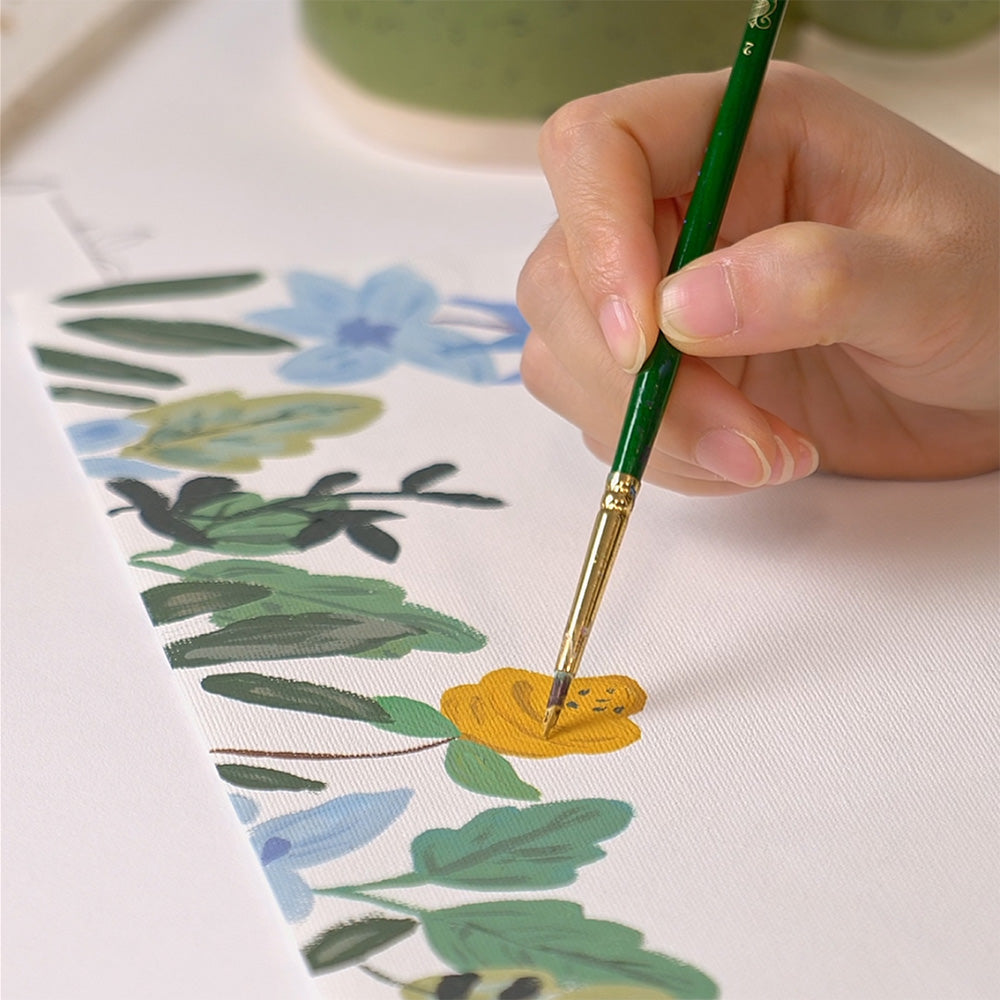
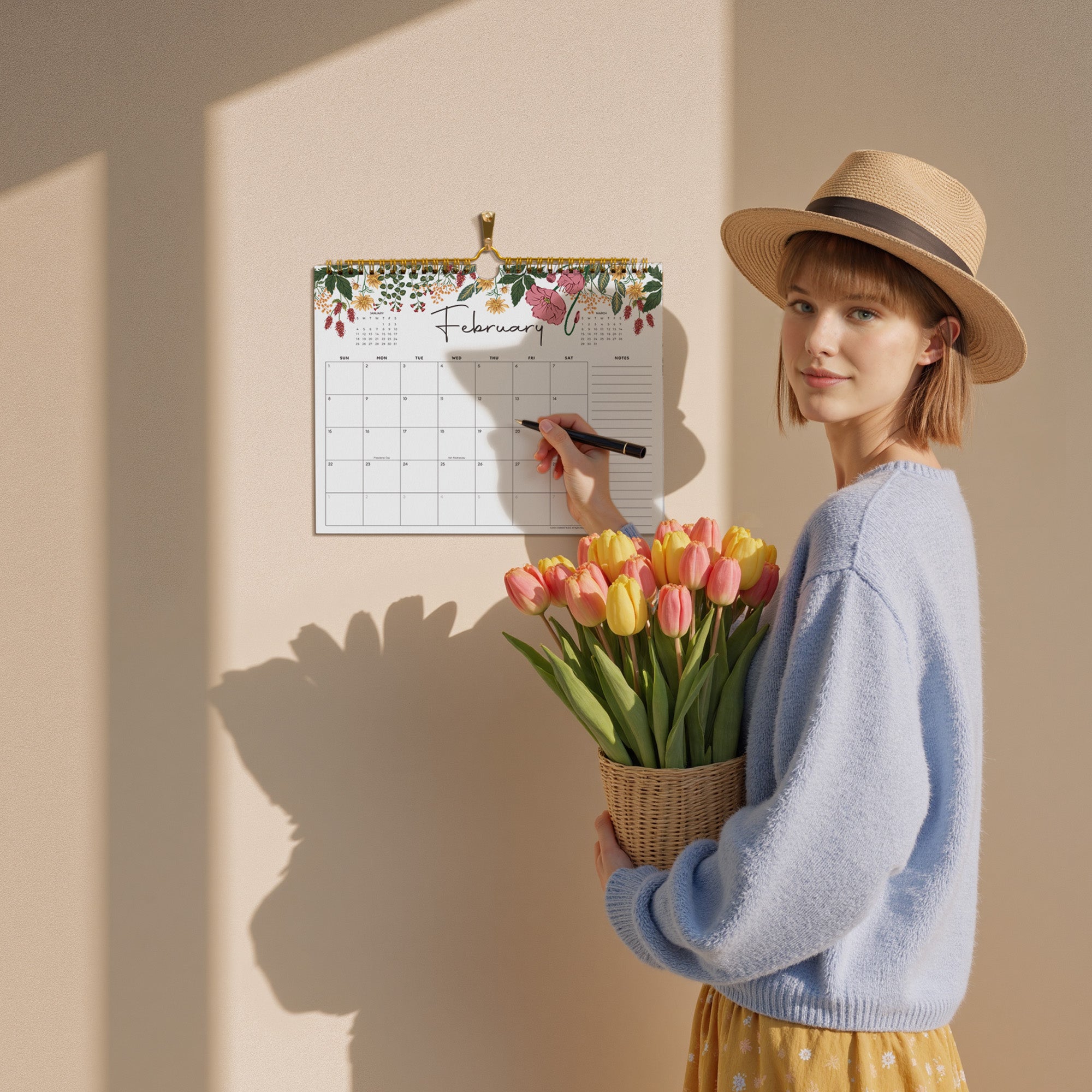
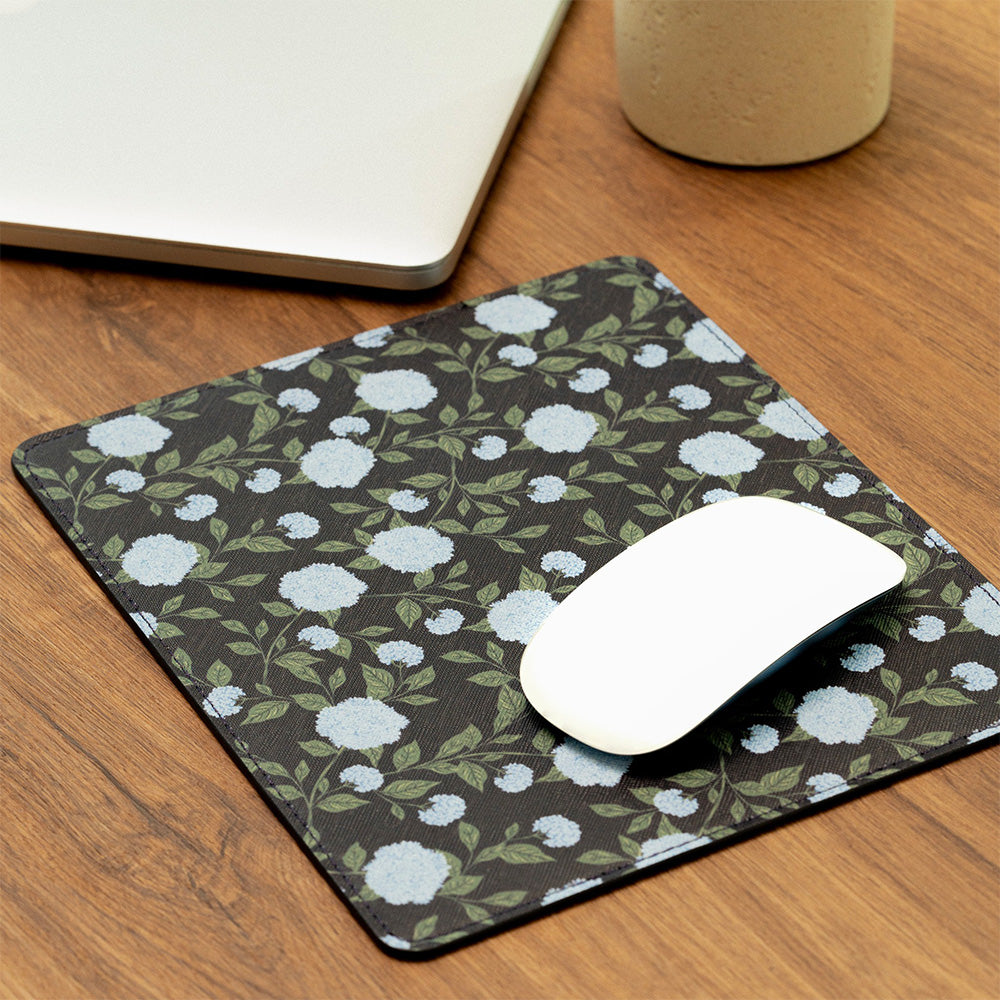
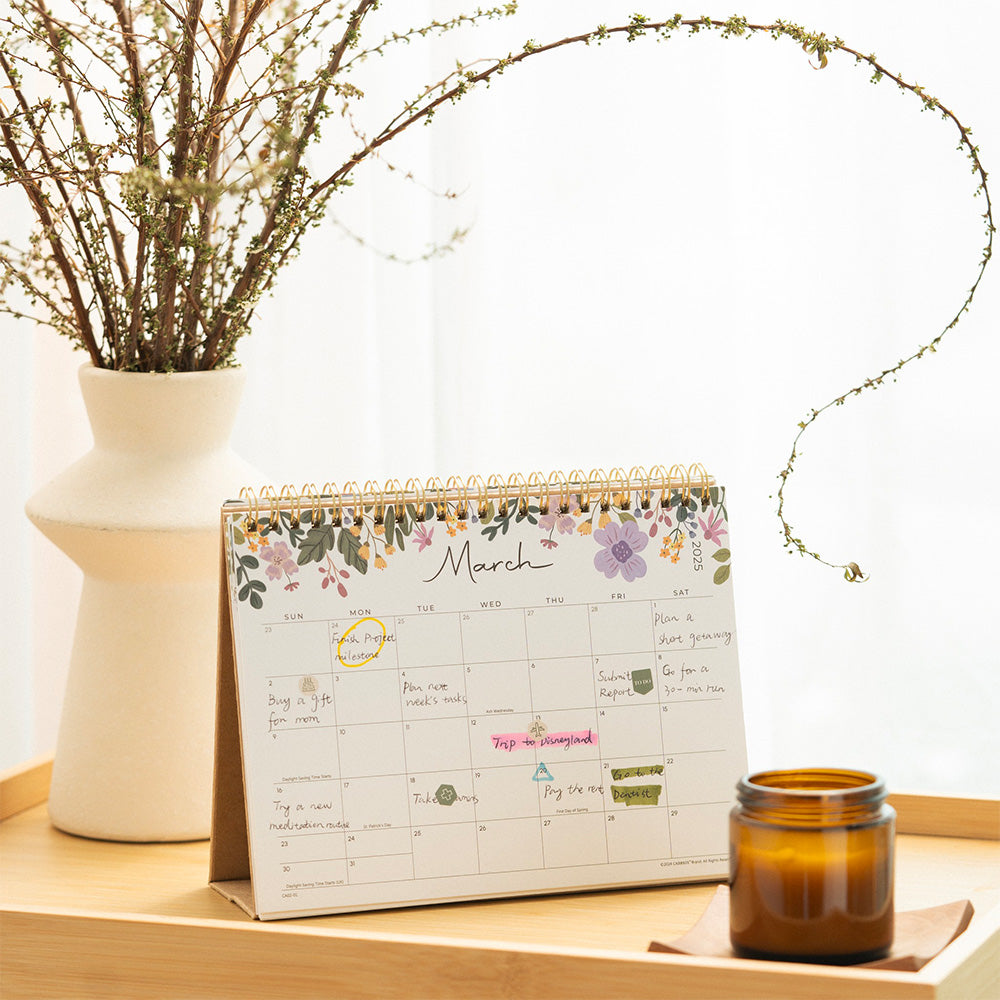
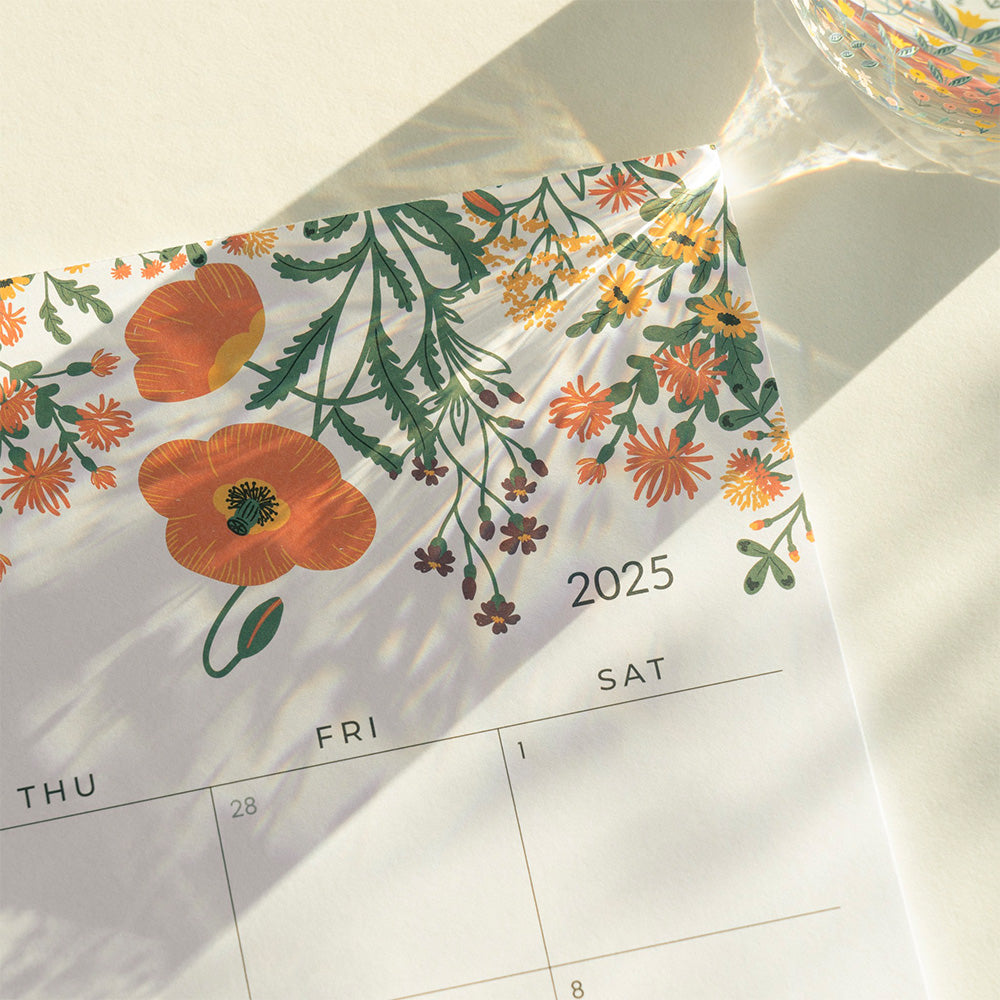
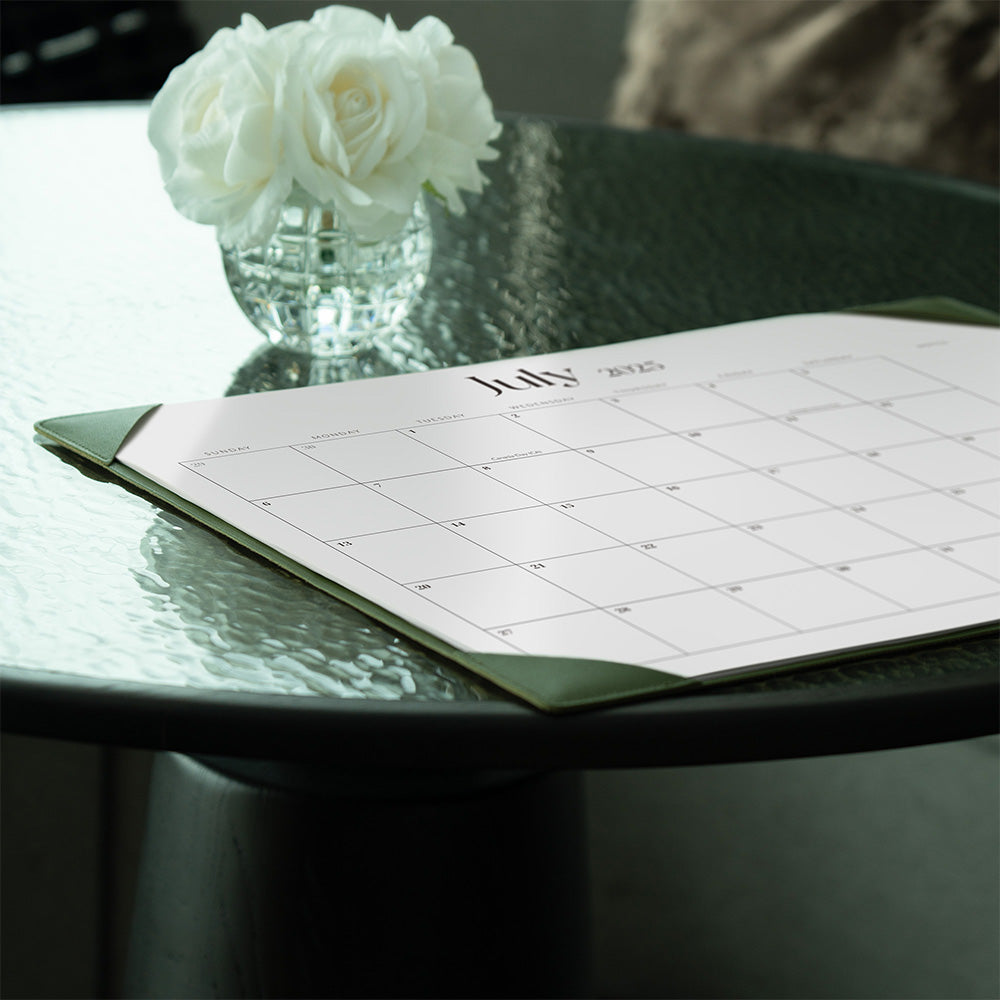
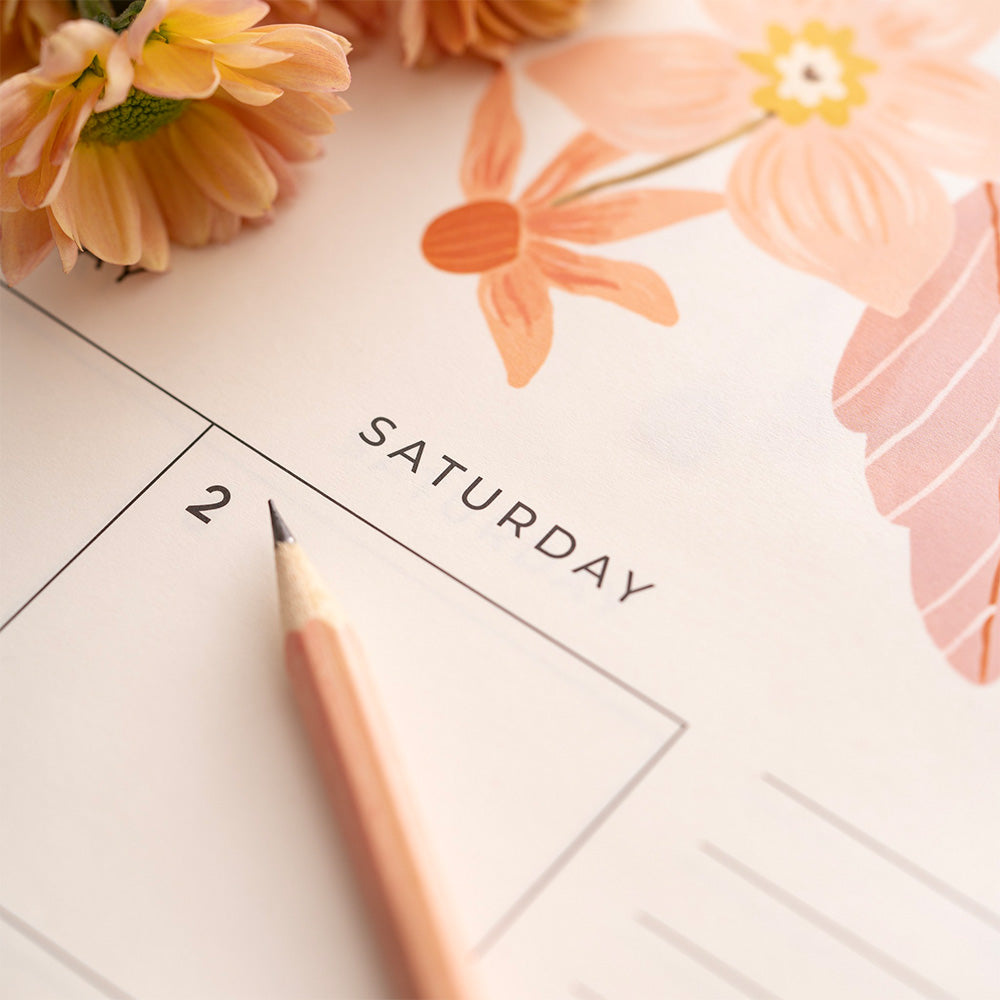
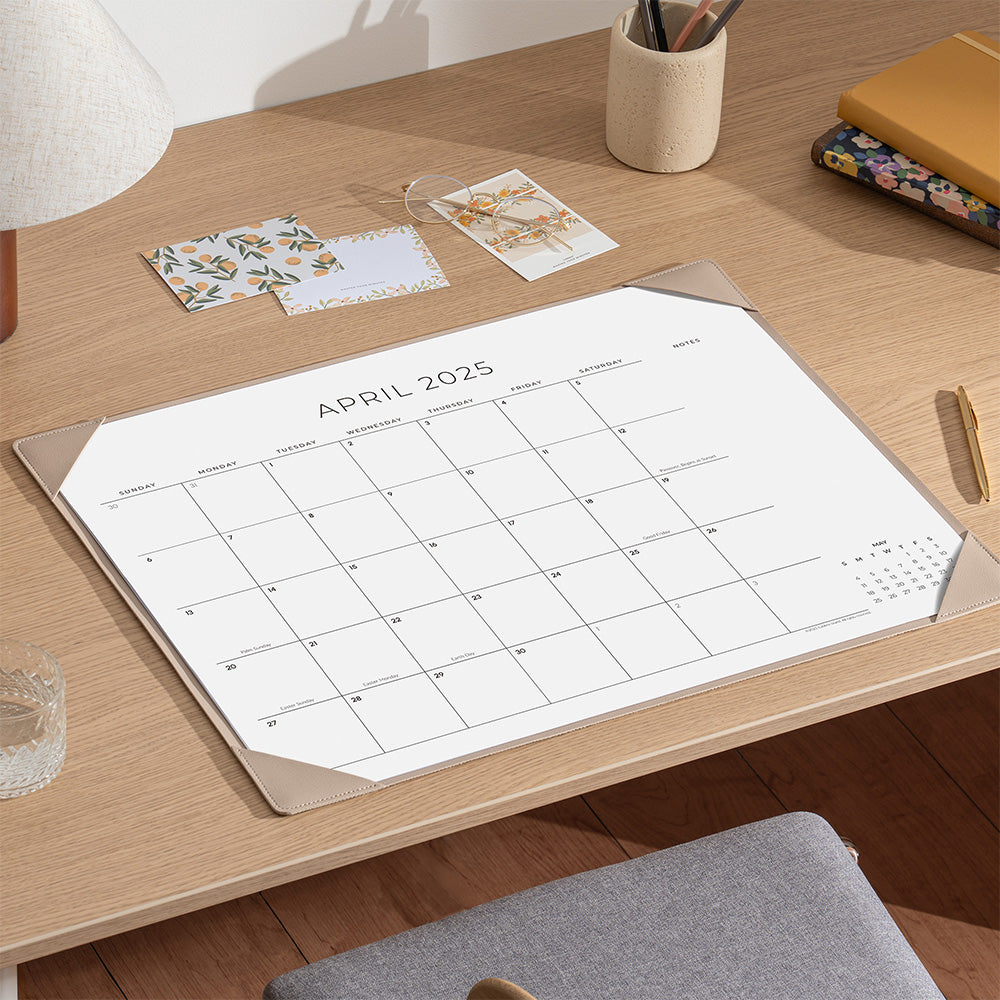
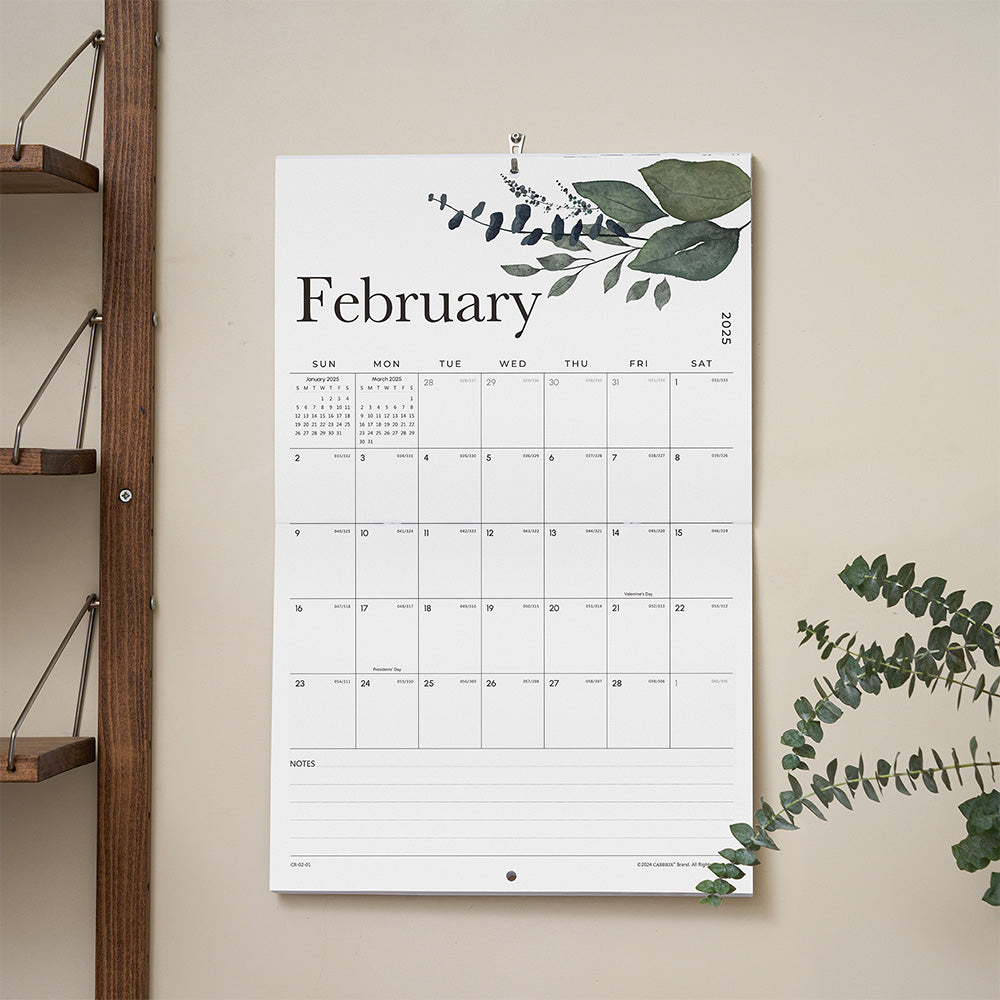
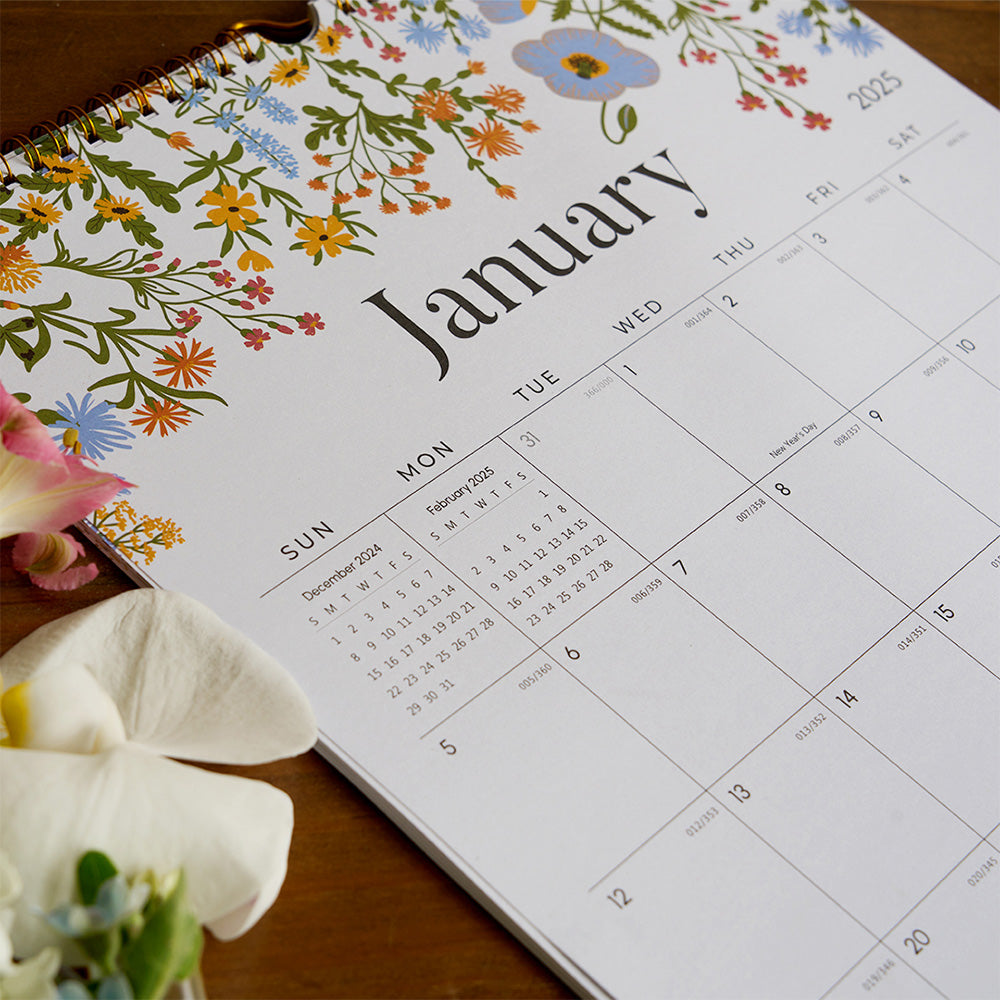
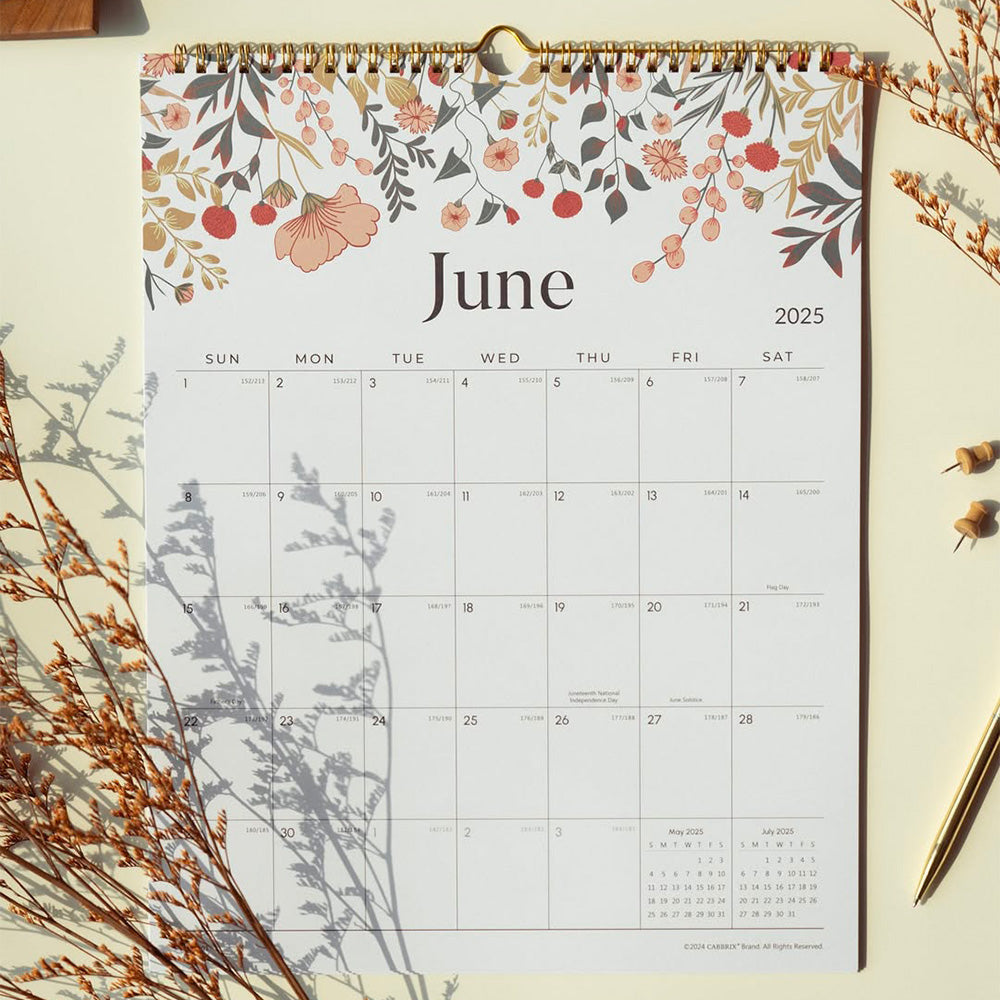
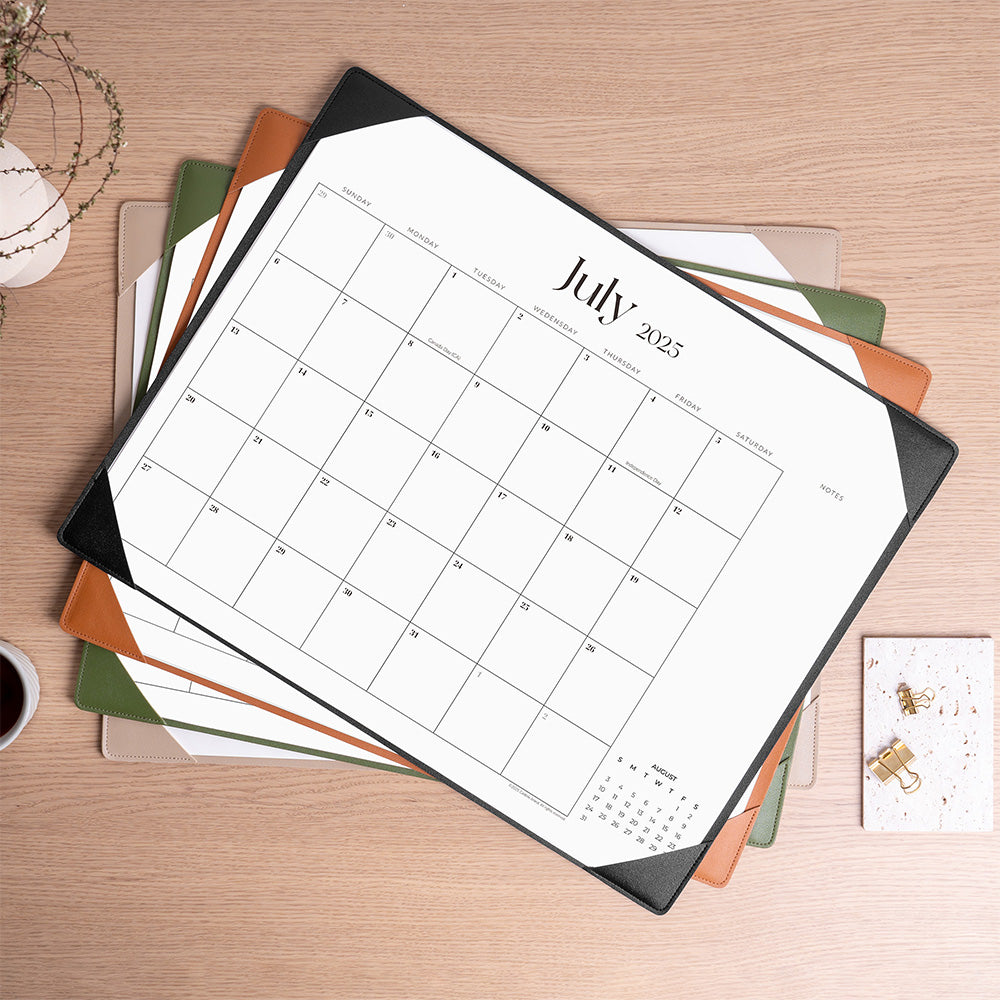
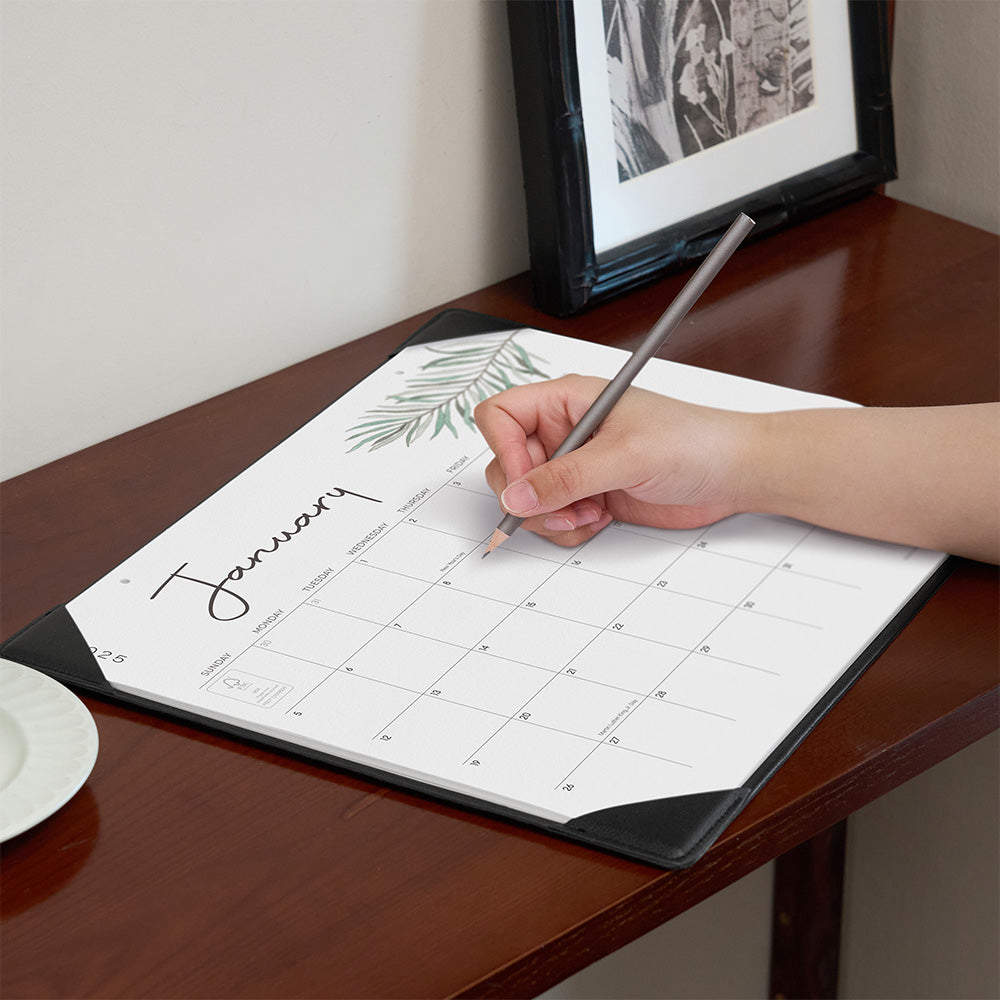
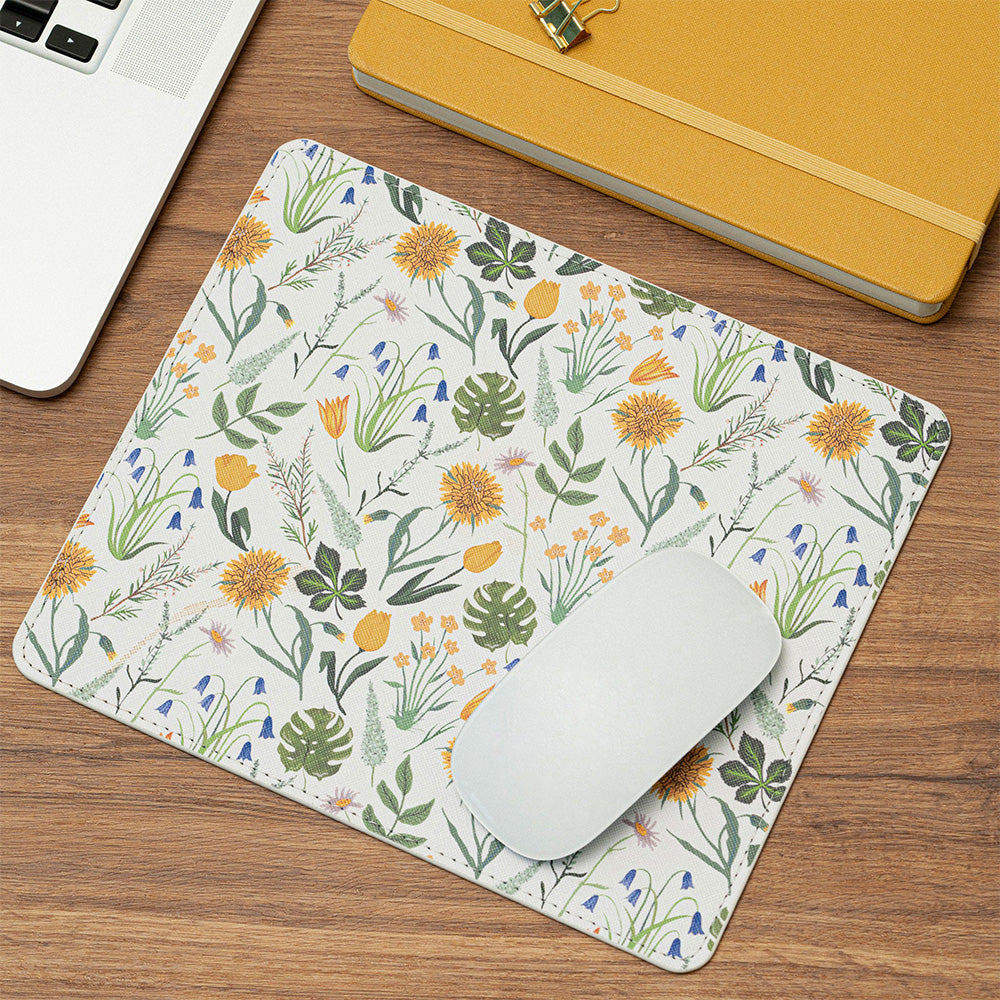
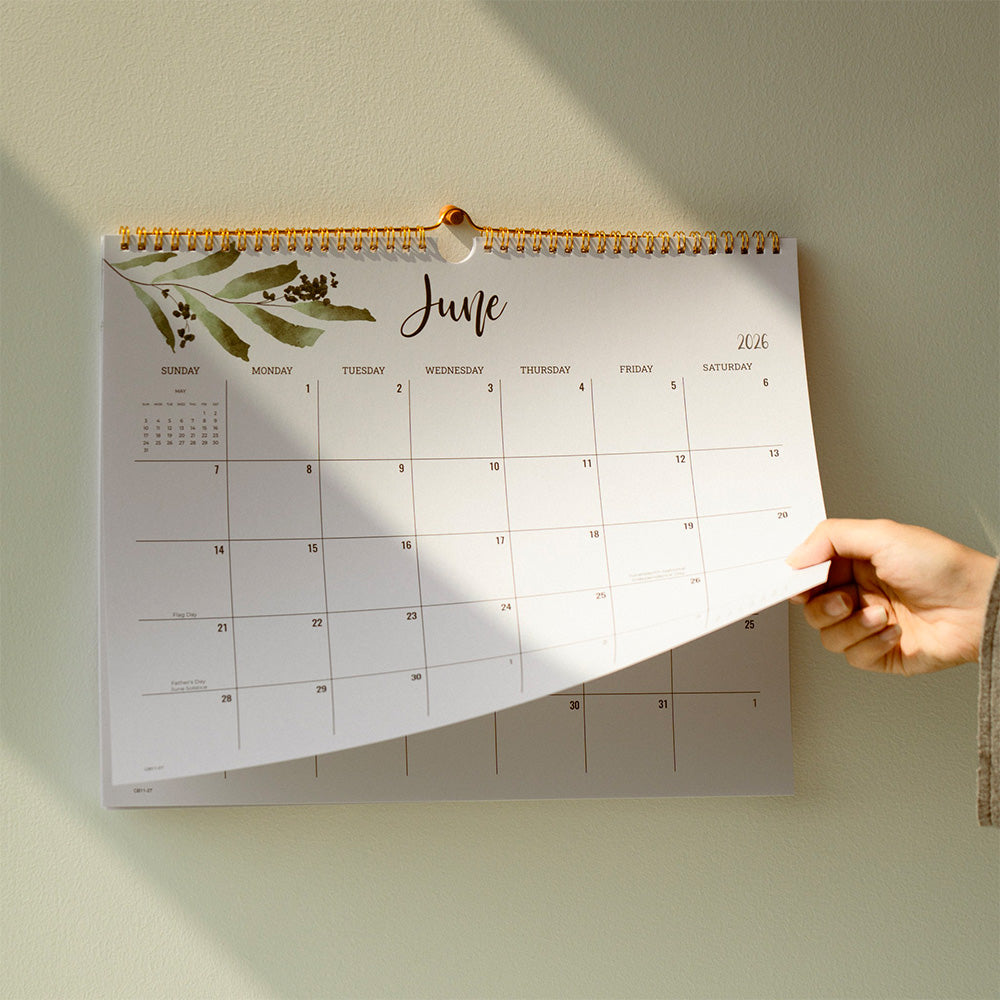
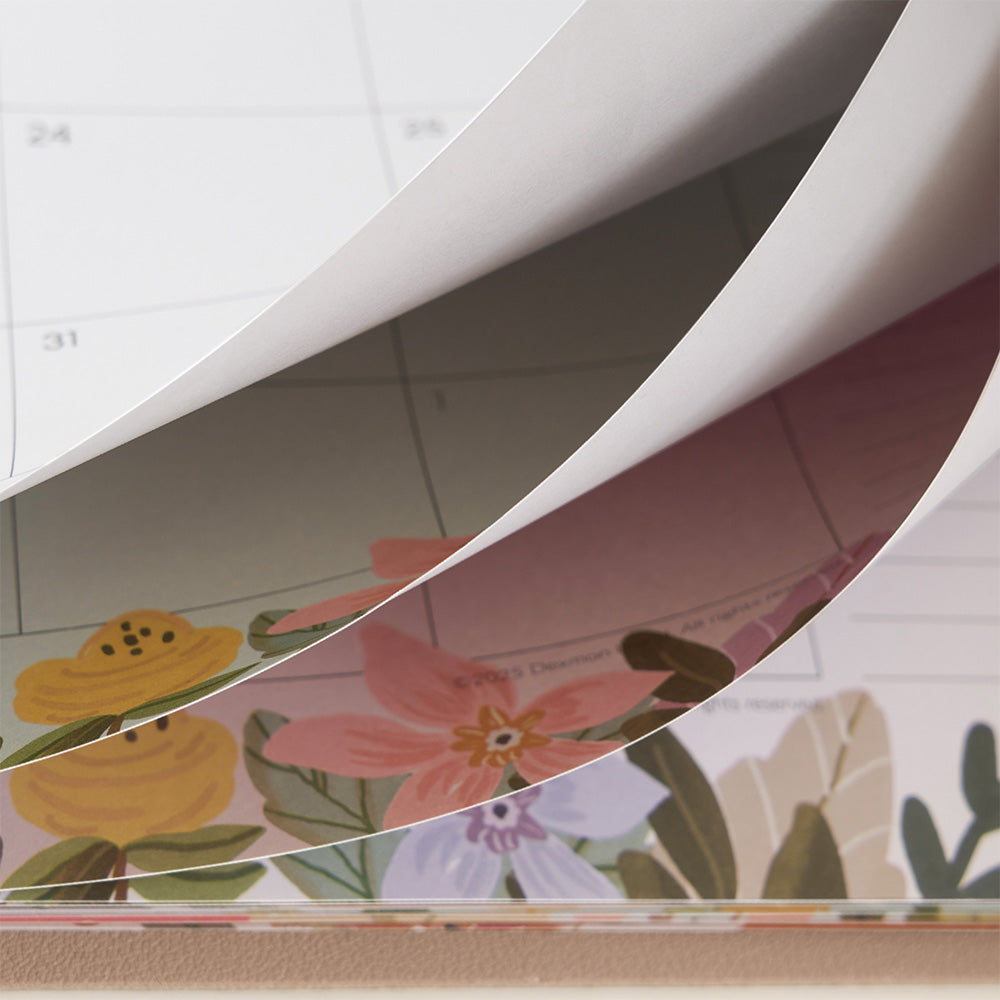
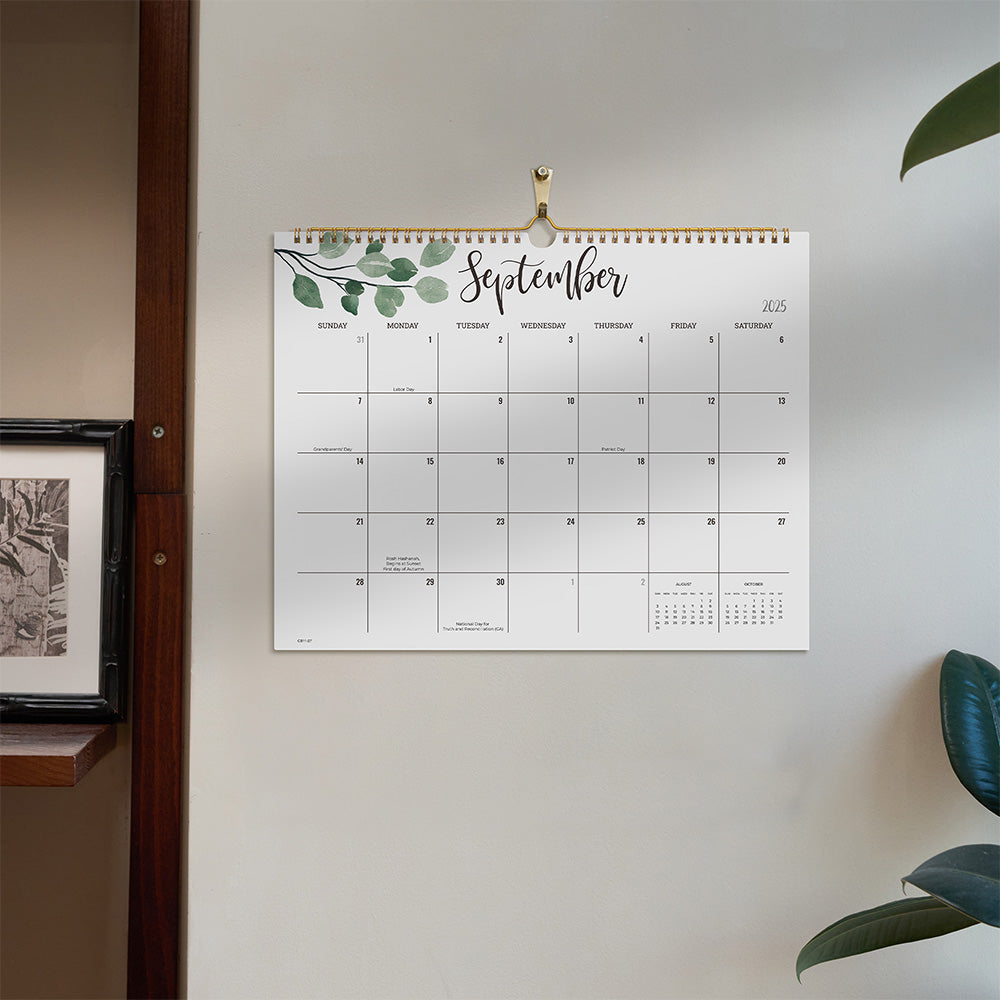
Leave a comment
This site is protected by hCaptcha and the hCaptcha Privacy Policy and Terms of Service apply.